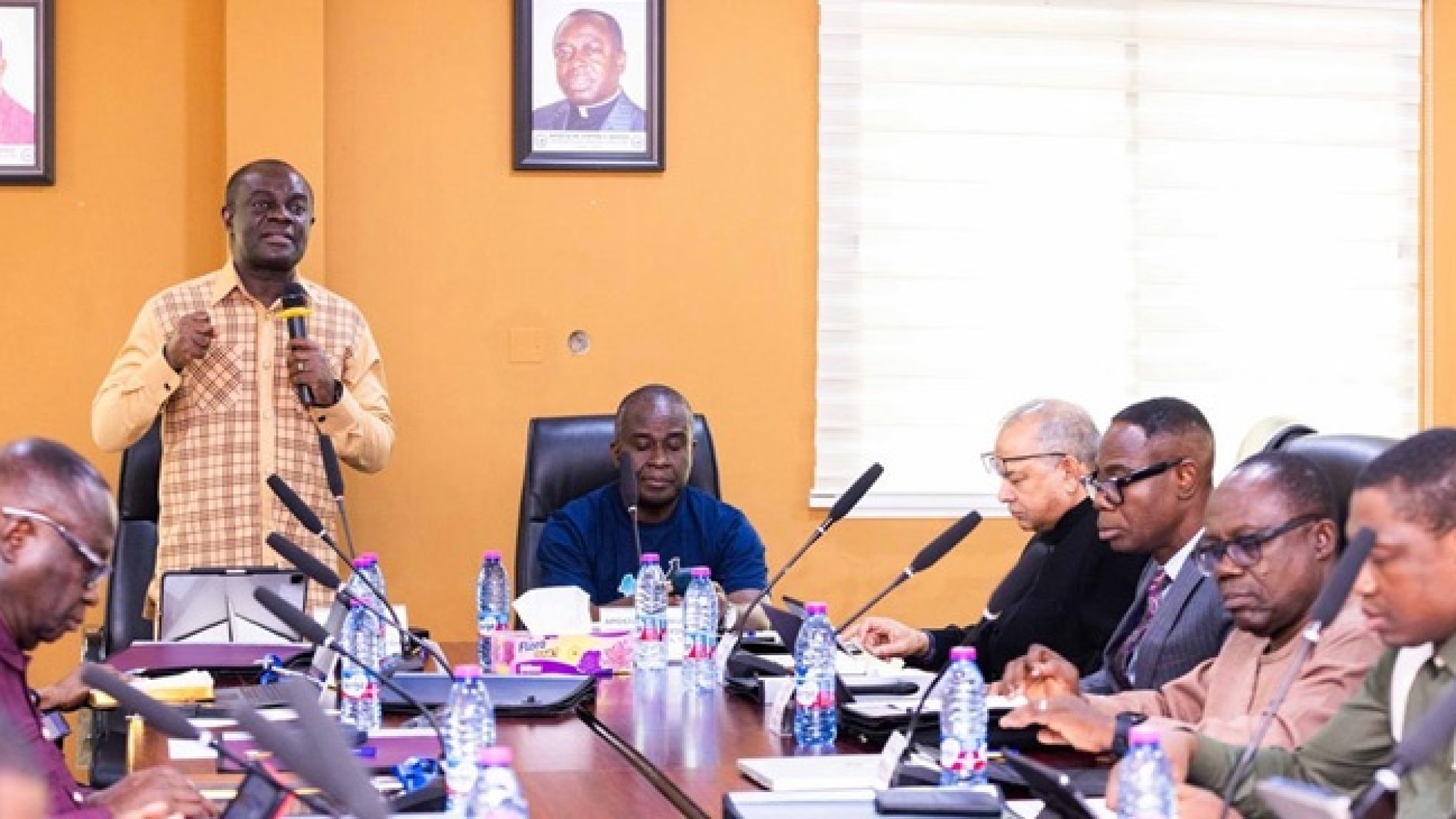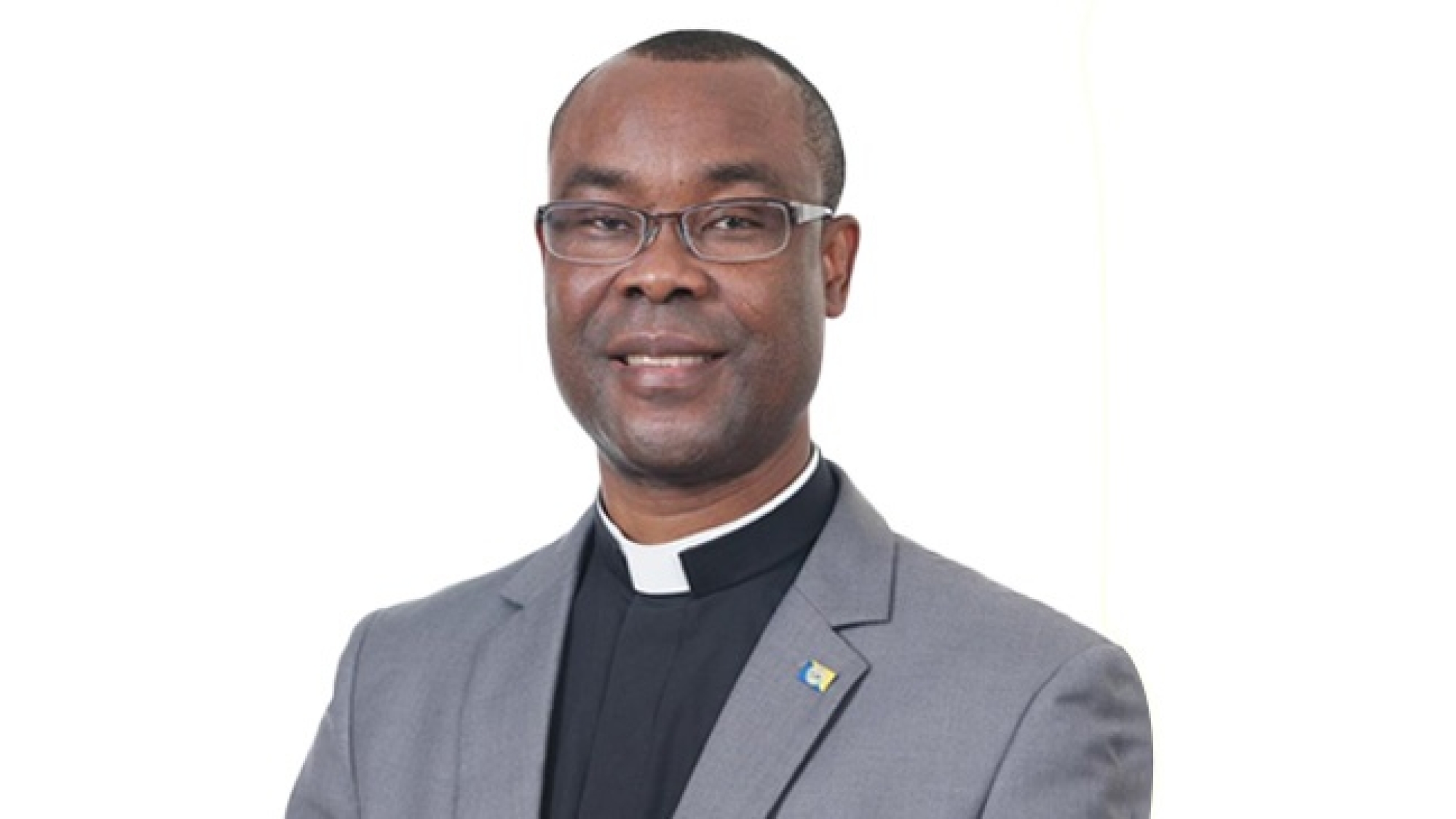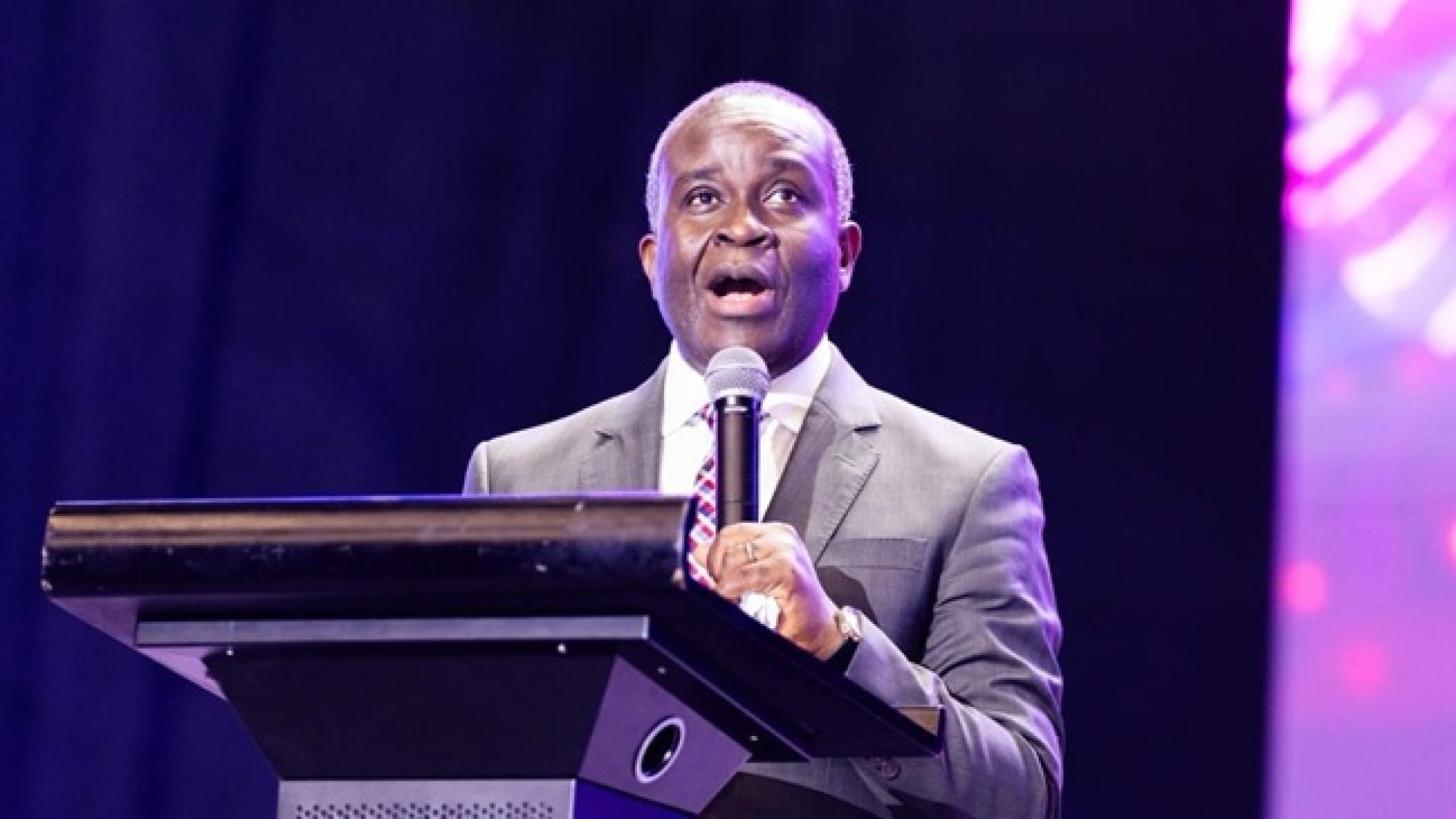The General Secretary of The Church of Pentecost, Apostle Samuel Gyau Obuobi, has called on ministers of the gospel to combine sound biblical preaching with the demonstration of the power of the Holy Spirit in order to effectively transform society.
Delivering a word of exhortation at the 2026 Missions Board Meeting of the Church in Accra on the theme, “They Heard and Saw,” Apostle Obuobi emphasised that the Church’s mission to transform society must be carried out through two essential instruments—the preaching of the gospel and the manifestation of the Holy Spirit’s power.
According to him, society encompasses every sphere of life where Christians find themselves, and the Church must intentionally influence these spaces with kingdom values.
Drawing lessons from Acts 8:6-7, he noted that the persecution of the early Christians led to the spread of the gospel across nations, citing the ministry of Philip in Samaria as a model for effective ministry. He explained that Philip’s work demonstrated two essential pillars of ministry: the message people heard and the signs they saw.
Apostle Obuobi stressed that every minister must have a clear message from God, noting that ministry cannot thrive without a definite word from the Lord.
“Every minister must have a message; you must have something to say. I do not believe a minister should stand without a message,” he stated, adding that ministers must wait on the Lord in prayer and study in order to receive divine direction.
Referencing 2 Samuel 18:28-30, he explained that people naturally pay attention to ministers because of the message they carry and, therefore, ministers must be intentional about proclaiming God’s word faithfully.
He further urged ministers to support the preaching of the gospel with visible demonstrations of God’s power, noting that effective ministry requires both proclamation and action.
Quoting Acts 1:1, Apostle Obuobi highlighted that Jesus Christ “began both to do and to teach,” indicating that Christian ministry must reflect the same pattern.
He, therefore, encouraged ministers to preach the Word with conviction while allowing their ministries to be accompanied by signs and practical expressions of the gospel, so that people will both hear and see the transforming power of God.
Participants at the meeting include Apostle Emmanuel Agyemang Bekoe, Missions Director (MD); Coordinators of the Missions Regional Blocs; Elder Prof. Stephen Owusu Kwankye (Finance Board Chairman); Pastor Emmanuel Appah (Finance and Administration Director); and the Church’s Legal Representative.
The meeting began on Wednesday, February 25, 2026, and is expected to end on Thursday, February 26, 2026.
PENT NEWS














